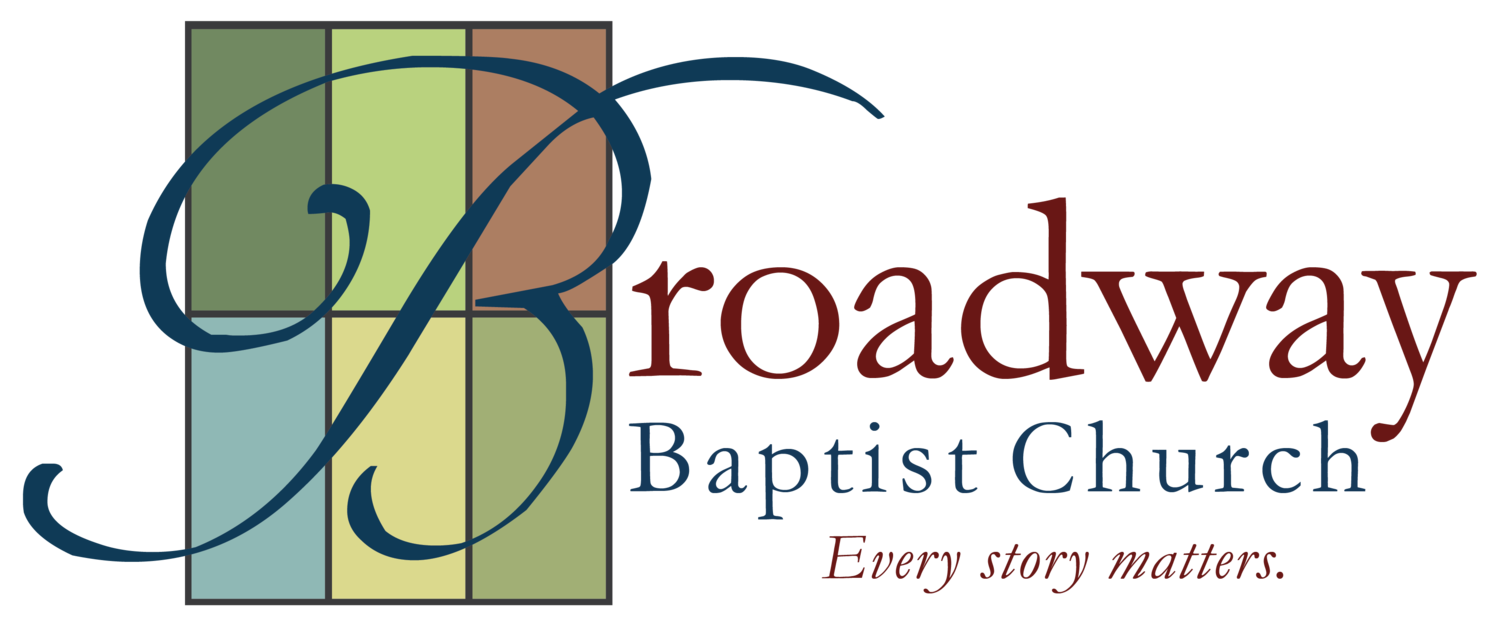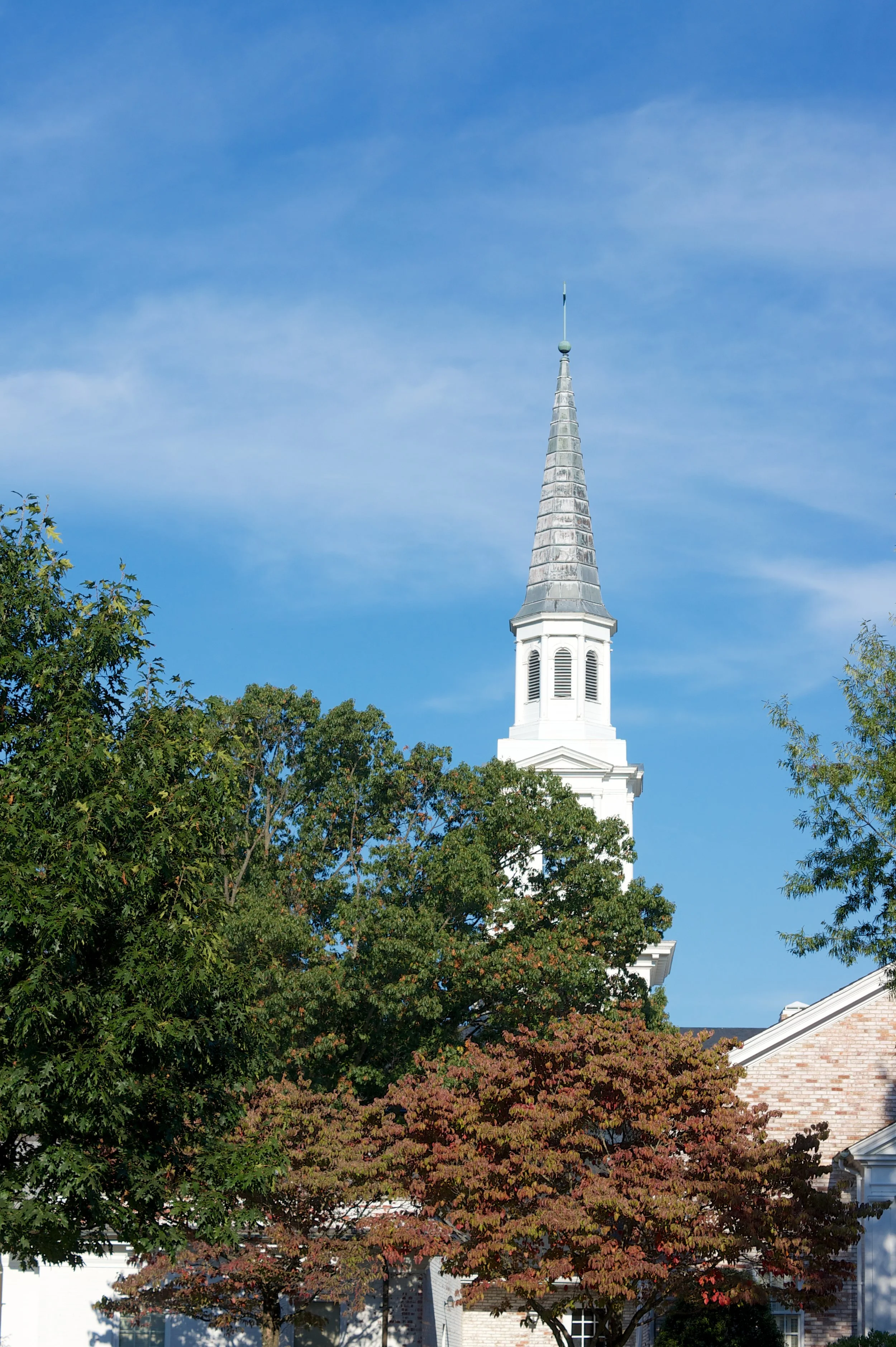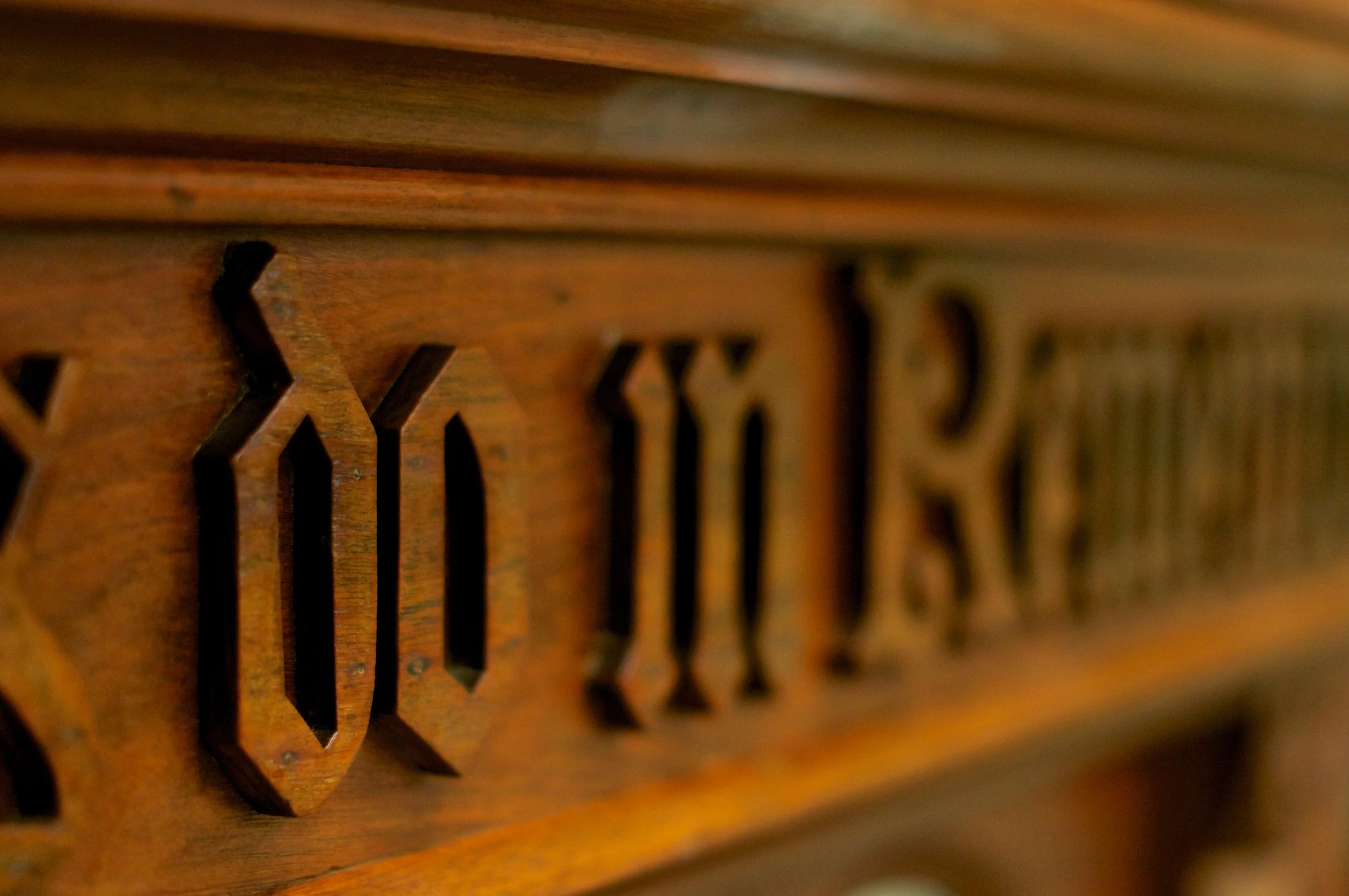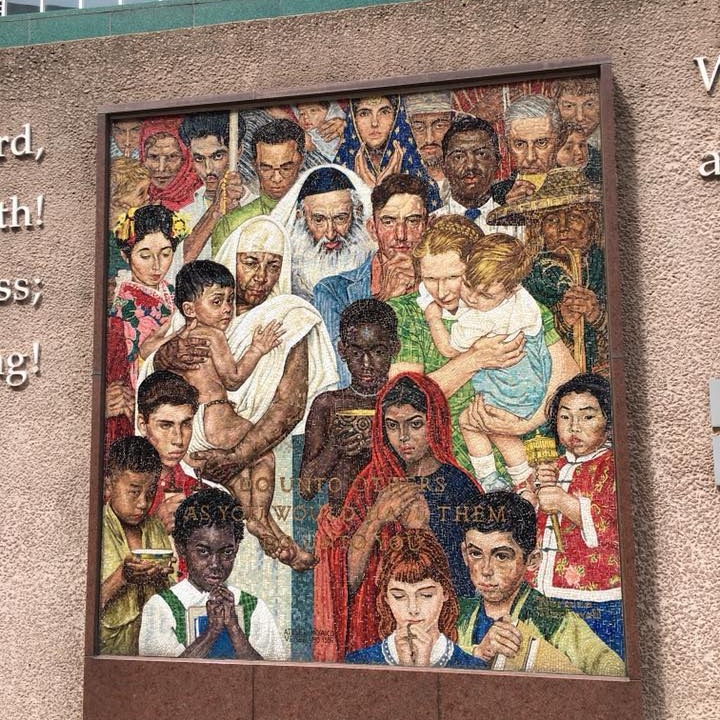Synopsis:
Throughout Lent, we have been asking God to give us fresh eyes to see all aspects of our life together as a community of faith. On Palm Sunday, the Psalmist reminds us that the most unlikely one becomes the foundation for the whole building. Jesus rides into Jerusalem not on a white steed like a conquering Caesar but on a goofy donkey (a colt even, so his feet were probably dragging on the ground) to show that God’s power and the world’s power are radically and fundamentally different. Jesus conquers not not by shedding the blood of his enemies but by allowing himself to be executed like a common criminal on a Roman cross–a gruesome but regularly used instrument of torture and death. Christ comes to teach us what power truly looks like, as he says in John 15:12-13, “This is my commandment, that you love one another as I have loved you. No one has greater love than this, to lay down one’s life for one’s friends.” Palm Sunday is a reminder to us that God’s Kingdom is always coming and already arriving, and the policies of God’s Kingdom look radically different than the policies of this world. In God’s Kingdom, lions lay down with lambs instead of eating them and mortal enemies break bread as brothers and sisters.

















